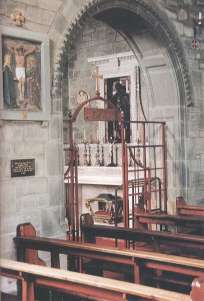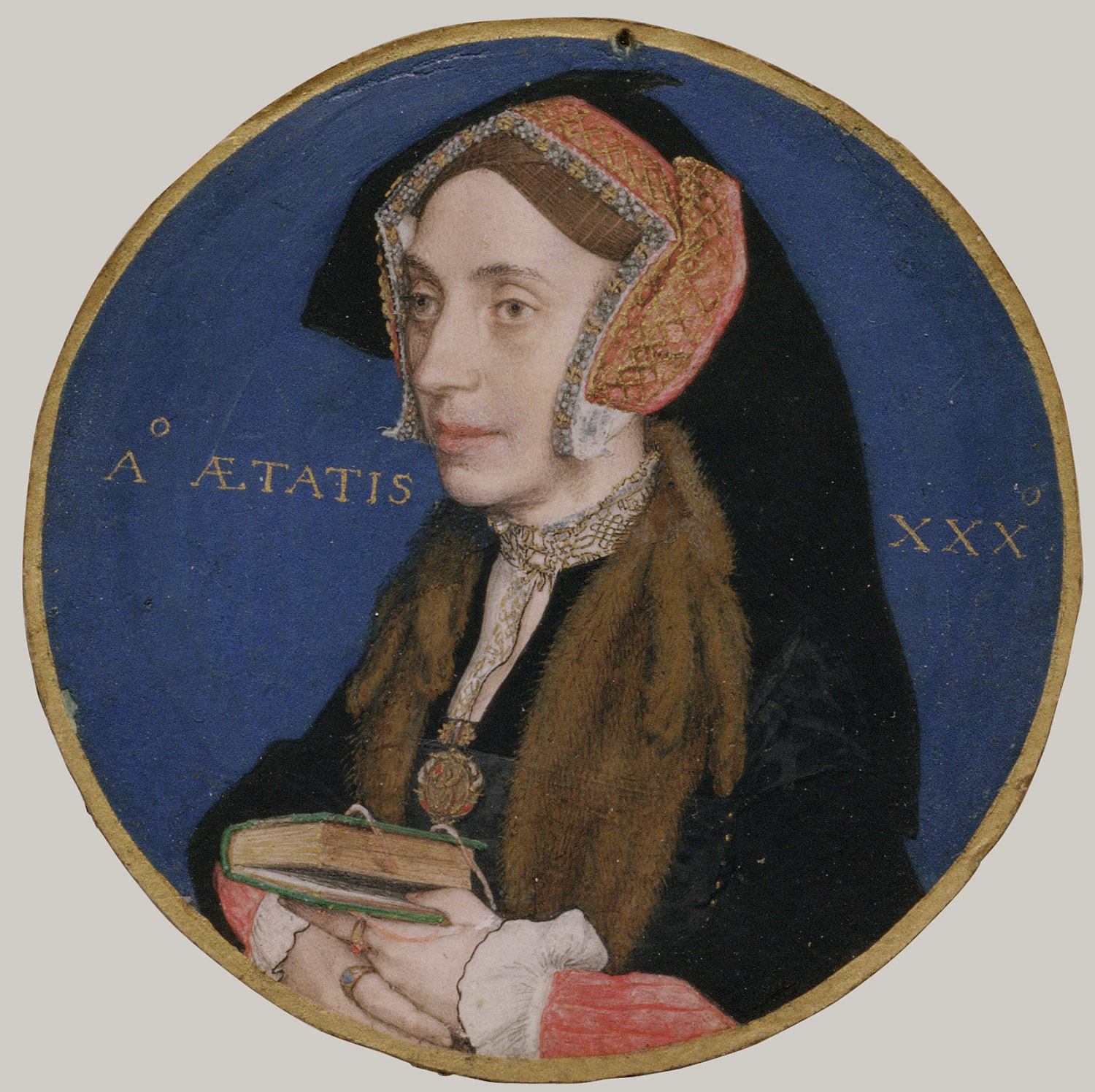Venerable ALEXANDER CROWE, priest, 1587
A BOOTMAKER in York, he became a servant at the Seminary at Rheims, and for his virtues and diligence was admitted as a Student, and finally ordained priest. He arrived on the English Mission in 1584, and after nearly two years’ labour was arrested at South Duffield, where he had gone to baptize a child, and sentenced at York. On the night before his execution he was seen by a Catholic fellow-prisoner who shared his cell to be wrestling as it were in agony with some unseen foe, whilst he prayed continuously. At length he broke out with joy into the “ Laudate Dominum,”
and sank exhausted on his plank bed. He said he had been assaiied by the Evil One in a monstrous form, who assured him that his soul was lost, and urged him to take his life at once and not wait for the gallows. He was in the greatest strait when Our Lady and St. John the Evangelist appeared and put Satan to flight. Yet on the gallows the Evil One made a last final assault, and flung him off the« ladder. Though the fall was from a great height, the martyr rose unhurt, and, smiling, re- mounted the ladder and won his crown, 1587.
“Thou shalt walk upon the asp and the basilisk, and tread under foot the lion and the dragon.”—Ps. xc. 13.




















